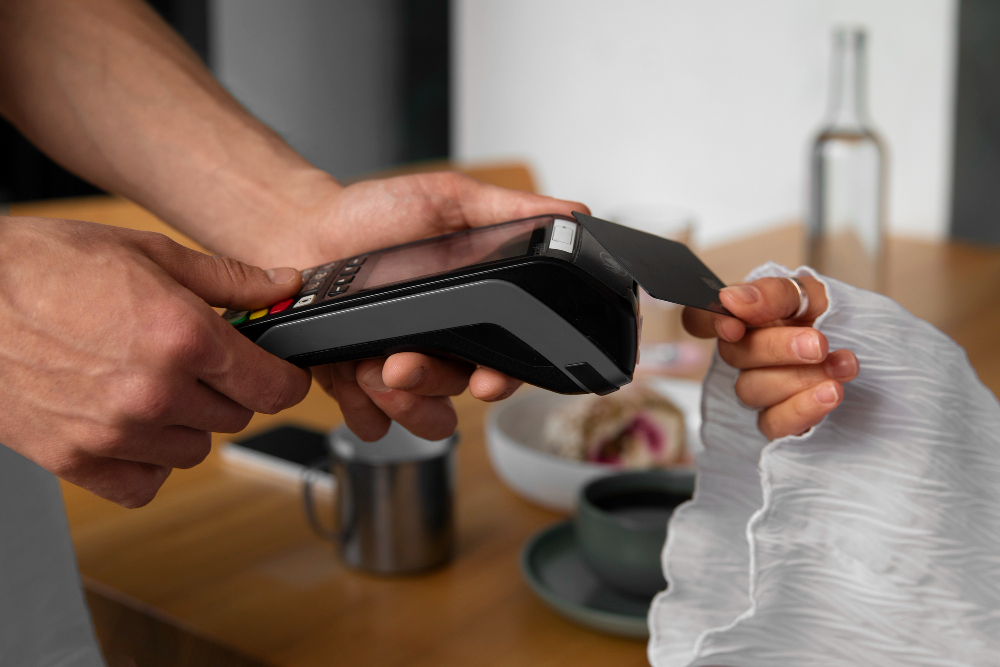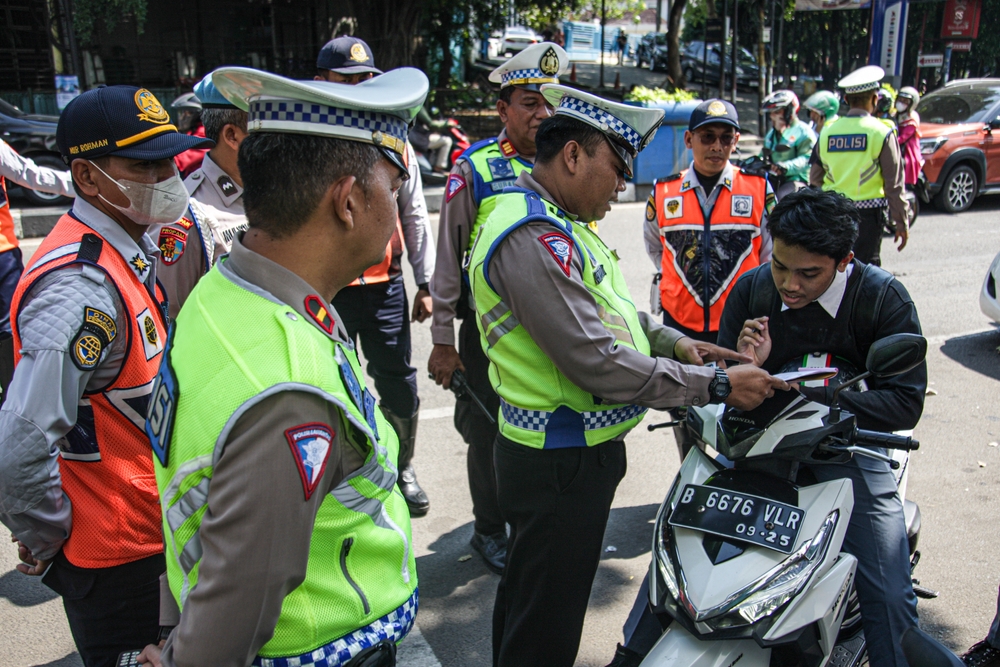Learn how to spot and avoid common travel scams that target your money and peace of mind.

Traveling can be thrilling, but falling victim to a scam can turn your dream trip into a financial nightmare. From elaborate cons to split-second thefts, scammers are always finding new ways to target unsuspecting tourists. Awareness is your best defense.
In this article, we’ll uncover 11 shocking travel scams that could drain your bank account in seconds and offer practical tips to protect yourself and your hard-earned money while exploring the world.
1. The Fake Taxi Driver Scam Charges You Exorbitant Fares

Unscrupulous taxi drivers in popular tourist destinations often target travelers by using rigged meters, inflating fares, or taking unnecessarily long routes. In some cases, unlicensed taxis operate without oversight, putting passengers at risk of scams or even personal harm. To avoid this, research local fare rates and stick to licensed taxi companies or ride-hailing apps like Uber. Confirm the price before starting the journey, or use a meter when applicable. Taking these precautions ensures a safer and fairer travel experience.
2. The Broken ATM Card Reader Steals Your Banking Details

Scammers often install skimming devices on ATMs to capture your card information and PIN, enabling them to empty your bank account. This scam is particularly common in tourist hotspots, where travelers may be less cautious. To protect yourself, inspect ATMs for signs of tampering, such as loose card slots or added attachments. Use machines inside banks, as they’re more secure, and cover the keypad while entering your PIN. Regularly check your bank statements to detect unauthorized transactions quickly.
3. The “Free Bracelet” Scam Traps You in an Awkward Situation

A common scam involves vendors offering a “free” bracelet or token of friendship. They’ll tie it on you and then demand payment, creating an uncomfortable scene to pressure you into paying. If you refuse, they might become aggressive or loud, causing further distress. To avoid this, politely but firmly decline unsolicited offers and walk away. Stay aware of your surroundings and avoid engaging with pushy street vendors. By setting boundaries, you can protect both your wallet and your peace of mind.
4. The Fake Police Officer Cons You Into Handing Over Cash

In some tourist destinations, scammers impersonate police officers to intimidate travelers. They may accuse you of violating a local law and demand on-the-spot fines or inspect your wallet, stealing cash in the process. Real police officers rarely demand immediate payments or act without proper identification. If confronted, calmly ask for their badge and offer to visit a police station to resolve the matter. Knowing local laws and carrying a photocopy of your ID can help you avoid falling victim.
5. The “Closed Hotel” Lie Redirects You to an Overpriced Option

A scammer may intercept you at transportation hubs, claiming your hotel is closed, fully booked, or unsafe. They’ll then offer to take you to an alternative accommodation, often an overpriced hotel or one that pays them a commission. To avoid this, confirm your reservation directly with the hotel before traveling and rely on official transportation services or pre-booked rides. By verifying your plans in advance, you can bypass these deceptive tactics and reach your destination without issue.
6. The Currency Exchange Swindle Cheats You With Bad Rates

Tourists are often tempted by currency exchange kiosks advertising unbeatable rates, only to discover hidden fees or counterfeit money after the transaction. Scammers may use confusing calculations or outright dishonesty to shortchange travelers. Always research the official exchange rate beforehand and stick to reputable banks or ATMs for currency exchange. Count your cash carefully before leaving the counter, and avoid dealing with street money changers. These simple steps ensure you get a fair deal without losing your hard-earned money.
7. The “Accidental Spill” Distraction Leads to Theft

Scammers use distraction tactics like spilling a drink or food on you “accidentally,” offering to help clean up while an accomplice steals your valuables. This scam thrives in crowded tourist areas, where confusion and kindness can be exploited. If this happens, firmly decline assistance, secure your belongings immediately, and leave the area. Keep important items like passports and wallets in secure, hidden compartments to minimize exposure. Staying alert helps you avoid being caught off guard by this common trick.
8. The Rigged Souvenir Shop Inflates Prices for Tourists

Some souvenir shops near popular landmarks take advantage of tourists by inflating prices or charging extra fees during checkout. In some cases, they may overcharge your credit card after you’ve left. To avoid being overcharged, shop away from major tourist attractions and research typical souvenir prices in the area. Pay with cash when possible, and always verify the total amount before completing a transaction. With a little preparation, you can enjoy shopping for keepsakes without being scammed.
9. The “Stranded Tourist” Scam Plays on Your Sympathy

This scam involves someone posing as a fellow traveler who claims to be stranded without money, often sharing a detailed story to gain your sympathy. They’ll ask for financial help, promising to repay you later, but disappear once you’ve given them money. Politely refuse such requests and suggest they seek help from local authorities or their embassy. While it’s natural to want to help, trusting strangers with your money puts you at risk. Stay cautious to avoid being exploited.
10. The Fake Tour Guide Overcharges for a Subpar Experience

Fake or unlicensed tour guides often approach travelers, promising exclusive or discounted tours. Once hired, they may deliver poor-quality experiences, provide false information, or end the tour prematurely. In some cases, they may abandon tourists in unfamiliar areas. To avoid this, book tours through verified platforms or reputable agencies with strong reviews. Request proof of credentials if approached directly. Taking the time to research ensures you’ll enjoy a valuable, informative, and hassle-free experience.
11. The Rental Vehicle Damage Scam Charges You for Pre-Existing Issues

Dishonest rental companies may claim you caused damage to a vehicle and charge you inflated repair fees. This scam targets travelers unfamiliar with local practices, leaving them with hefty, unwarranted bills. Before renting, thoroughly inspect the vehicle for existing damage, taking photos or videos as proof. Make sure any pre-existing issues are documented in the contract, and ask for a copy. Choosing reputable rental agencies and staying proactive ensures you’re not unfairly charged.
